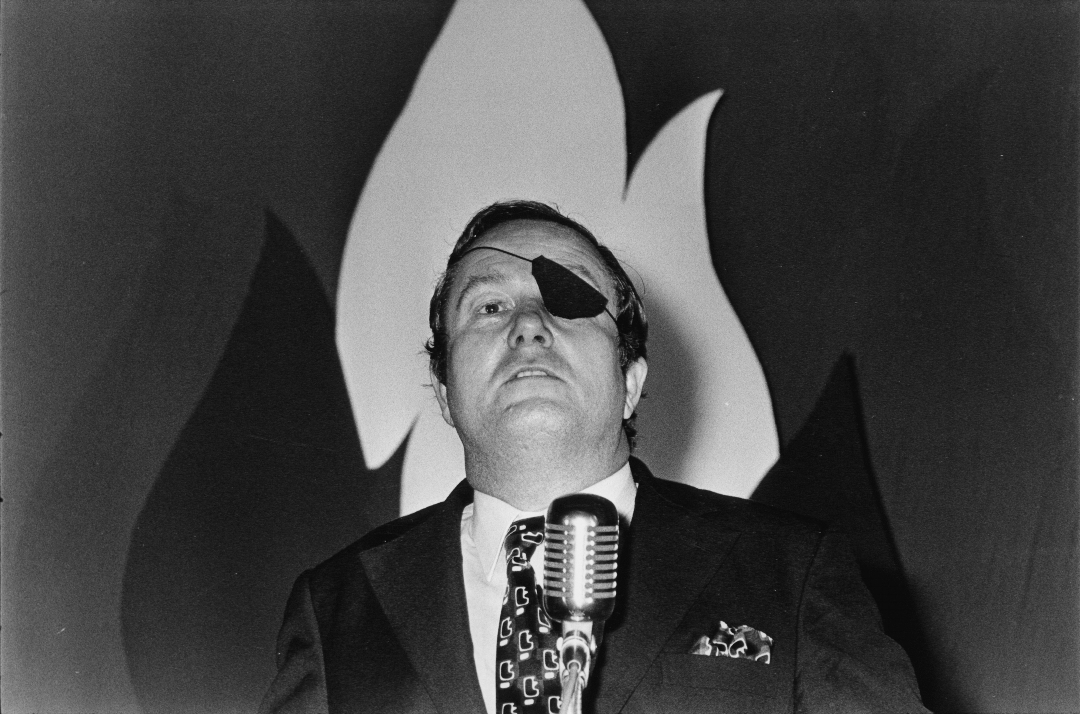In 1987, Jean-Marie Le Pen managed to have a photo taken of himself shaking Ronald Reagan’s hand at the Conservative Political Action Conference (CPAC). By all accounts Reagan hadn’t specifically agreed to meet the Front National leader and didn’t choose to “endorse” him; a National Security Council source told Le Monde that it was “mystified” by how it had even happened. But the image allowed Le Pen to sell the idea that he — a mere fisherman’s son, often called a far-right extremist — had achieved the confidence of the US president.
Le Pen’s self-presentation in this period jars with accounts of an intransigent “populist” party, a “neither left nor right” force, said to have only more recently sought mainstream legitimacy under his daughter Marine. Already in the 1980s, the Front National founder sought to conquer space on the Right through a hard anti-immigration line, the commitment to “law and order,” and an overt admiration of Reagan and Margaret Thatcher. The party railed against a supposed Marxist hegemony in French politics, the better to assert itself as “the Right that dares speak its name.”
In part inspired by the example of the Movimento Sociale Italiano (MSI) across the Alps, Le Pen’s record was that of a figure who united various fascist, nationalist, and colonial-nostalgic subcultures and made them into an electoral party able to set broader political dividing lines. If admiration for the Axis powers of World War II persisted among its activist base — and continues to raise its head in the party still today — it built its support with a more present-day message, fusing a language of national decline with warnings of immigrant threat.
This enterprise was helped along by mainstream…
Auteur: David Broder

